Search
Remove Ads
Advertisement
Summary 
Loading AI-generated summary based on World History Encyclopedia articles ...
Search Results
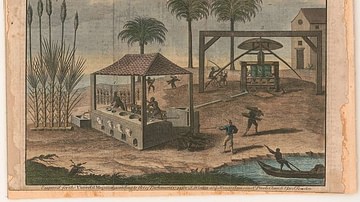
Article
Sugar & the Rise of the Plantation System
From a humble beginning as a sweet treat grown in gardens, sugar cane cultivation became an economic powerhouse, and the growing demand for sugar stimulated the colonization of the New World by European powers, brought slavery to the forefront...

Article
Life on a Colonial Sugar Plantation
Raising sugar cane could be a very profitable business, but producing refined sugar was a highly labour-intensive process. For this reason, European colonial settlers in Africa and the Americas used slaves on their plantations, almost all...
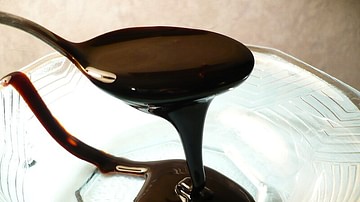
Definition
Sugar Act
The Sugar Act of 1764, also known as the American Revenue Act, was legislation passed by the Parliament of Great Britain on 5 April 1764 to crack down on molasses smuggling in the American colonies and to raise revenue to pay for the colonies'...
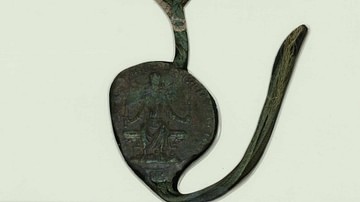
Definition
Magna Carta
The Magna Carta or 'Great Charter' was an agreement imposed on King John of England (r. 1199-1216) on 15 June 1215 by rebellious barons in order to limit his power and prevent arbitrary royal acts like land confiscation and unreasonable taxes...

Article
Slavery in Plantation Agriculture
The first plantations in the Americas of sugar cane, cocoa, tobacco, and cotton were maintained and harvested by African slaves controlled by European masters. When African slavery was largely abolished in the mid-1800s, the center of plantation...
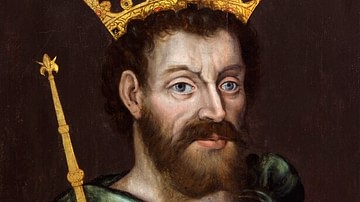
Definition
King John of England - England's Most Unpopular King?
King John of England (aka John Lackland) ruled from 1199 to 1216 CE and he has gone down in history as one of the very worst of English kings, both for his character and his failures. He lost the Angevin-Plantagenet lands in France and so...
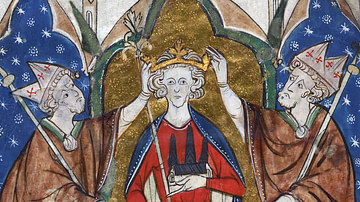
Definition
Henry III of England
Henry III of England ruled from 1216 to 1272 CE. The son of the unpopular King John of England (r. 1199-1216 CE), Henry was immediately faced with the ongoing Barons' War which had been fuelled by discontent over John's rule and his failure...
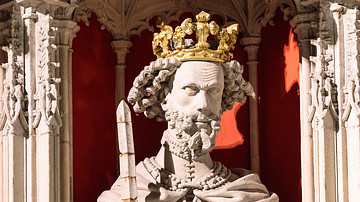
Definition
King Stephen of England
King Stephen of England, often called Stephen of Blois, ruled from 1135 to 1154 CE. His predecessor Henry I of England (r. 1100-1135 CE) had left no male heir and his nominated successor, his daughter Empress Matilda, was not to the liking...
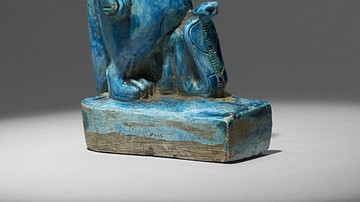
Article
Family Planning in the Ancient Near East
The ancient Near East was home to a multitude of civilizations, across Egypt, Mesopotamia, and the Levant, each with unique views on medicine, conception, and women’s role in society. Attitudes towards contraception and abortion varied according...

Image
Slaves on an Antiguan Sugar Plantation
A scene showing slaves working on an Antiguan sugar plantation. Created in 1779 by Thomas Hearne. On the left are slaves cutting the cane, in the centre is the windmill for processing the cane and on the right slaves transport the refined...